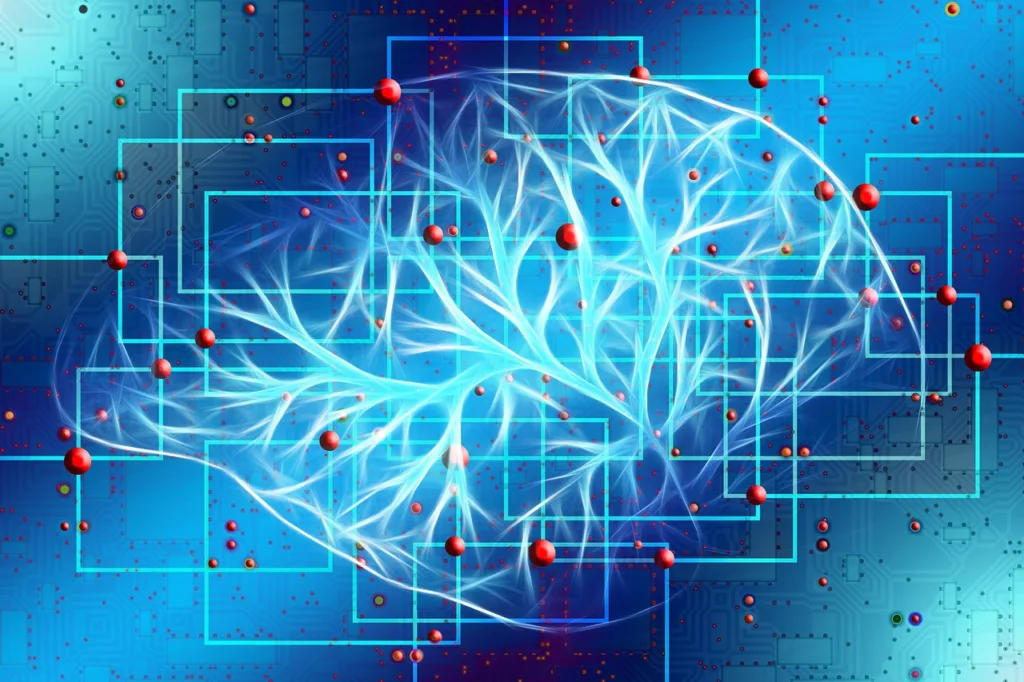Understanding the Brain's Middle Age: How Changes Impact Future Health
Our brains change a lot during different stages of our lives. When we’re kids, teenagers, and really old, these changes happen fast. But during most of our adult years, things seem to stay pretty steady, like one year equals one lap around the Sun.
However, there’s a time when our brain’s changes speed up. It happens in our 40s to 50s, which some call “middle age.” These changes might affect our future health.
Researchers who study how our brains work as we get older have found that our mental abilities decline slowly. But during middle age, changes in our memory seem to happen faster and can be different for each person. Some people’s memories decline quickly, while others might even improve.
This suggests that during middle age, our brains might be changing more quickly than before. One important part of the brain, called the hippocampus, which helps us form new memories, starts to shrink more during middle age.
The connections between brain cells, called white matter, also play a big role in how well our brains work. These connections help different parts of the brain communicate, which is important for things like memory and reasoning.
During middle age, these connections start to change. Some gain volume at first, but then they start to lose volume. This means information can’t travel as fast, and our reaction times slow down.
Our brains also have networks, like groups of friends, that help us do complex tasks. These networks peak in middle age but then start to break down.
Why do these changes matter? Because as the world’s population gets older, there will be more cases of dementia, a condition where people lose their memory and other mental abilities. By studying middle age, we might be able to catch early signs of dementia and intervene before it’s too late.
One way to detect these changes is by looking at our blood. As we age, our bodies start to wear down, and our immune system can cause inflammation, which can affect our brains. Scientists have found that certain molecules in our blood can predict changes in our cognition, or thinking ability, years later.
So, middle age might be more important for our brain health than we realize. By understanding these changes, we might be able to slow down the effects of aging on our brains. Things like exercise could help, by sending helpful messages through our blood to keep our brains working well.

Flipkart Teases Arrival of Infinix Note 40 Pro 5G Series in India. Read here.

